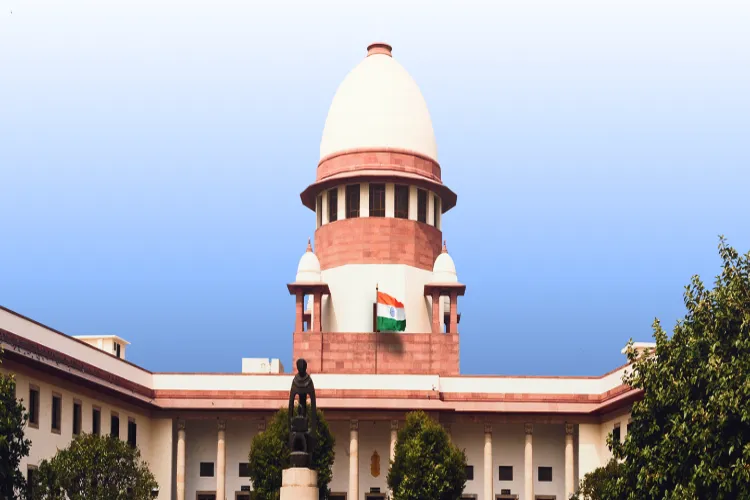
New Delhi
The Supreme Court on Tuesday fixed a schedule for hearing the Presidential Reference, which raises several constitutional questions, most notably, whether the courts can prescribe timelines for the Governor or the President to grant assent to bills passed by State legislatures.
The hearings will involve submissions from all parties, both supporting and opposing the Reference.
A five-judge bench led by the Chief Justice of India (CJI), BR Gavai, stated that the hearing in the matter will commence on August 19. The Court also directed all parties to file their written submissions in the matter on or prior to August 12.
"The parties supporting the reference shall be heard on August 19, 20, 21, and 26. The parties opposing the reference shall be heard on August 28, and September 3, 4, and 9. The rejoinder, if any, on behalf of the Union shall be heard on September 10. The time schedule shall be strictly followed, and counsel shall make every endeavour to conclude their arguments within the allotted time", CJI stated in its order.
As per the schedule fixed by the five-judge bench, the top court will first hear the objections filed by the State governments of Tamil Nadu and Kerala, who have challenged the maintainability of the Presidential reference.
The Supreme Court had, in April this year, fixed deadlines for the Governor and the President to act upon bills passed by the State legislature. The top court's verdict came on a plea filed by the Tamil Nadu government against the state's governor R N Ravi's decision to withhold assent to several bills passed by the state legislature.
Following the judgement, the President Droupadi Murmu, under Article 143, sought the Supreme Court's opinion on its decision fixing timelines for granting assent to State Bills.
Subsequently, the State government of Kerala filed their objection challenging the maintainability of the Presidential reference.
In their plea, Kerala has contended that the Presidential Reference claims that Article 200 does not specify any timeframe for the Governor to act on a Bill. However, this assertion is difficult to believe, as the proviso to Article 200 clearly states that the Governor must act "as soon as possible" after a Bill is presented. This position also ignores multiple Supreme Court judgments that have already interpreted Article 200 as containing an implied timeline.
Kerala, in its plea, thus sought that the reference made by the President be sent back unanswered by the Supreme Court.
Following Kerala's challenge, the Tamil Nadu government followed suit and filed their objection plea against the Presidential reference, terming it as "nothing but an appeal in disguise" to disturb the top courts' settled law. Like Kerala, the Tamil Nadu government also seeks that the Presidential reference be returned to her unanswered by the apex court.
ALSO READ: Jabir Ansari: A rising martial arts star in global arena
The top court will begin hearing the matter from August 19 this year.
